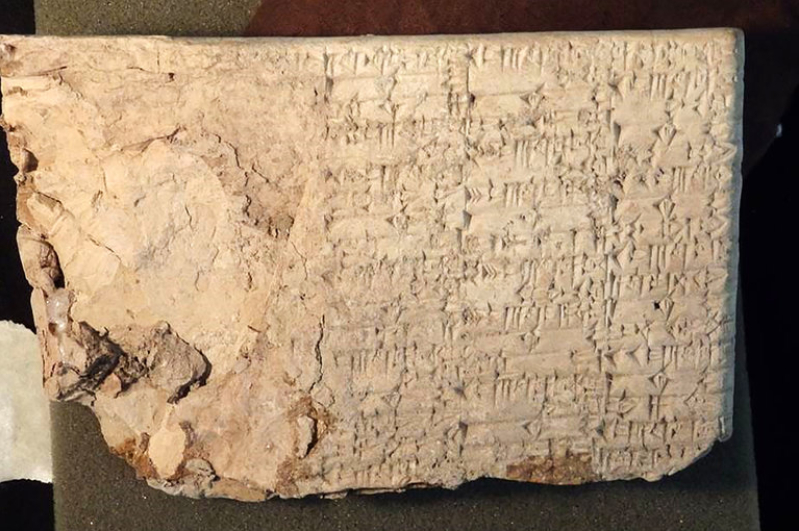
Hobby Lobby president Steve Green has said the faith-based company has "accepted responsibility and learned a great deal" after agreeing to pay a $3 million fine and forfeit thousands of ancient artifacts that were smuggled from Iraq with improper labels.
"We should have exercised more oversight and carefully questioned how the acquisitions were handled," Green, who also serves as chairman of the board of Museum of the Bible, said in a statement. "Hobby Lobby has cooperated with the government throughout its investigation, and with the announcement of today's settlement agreement, is pleased the matter has been resolved."
He added, "We have accepted responsibility and learned a great deal. Our entire team is committed to the highest standards for investigating and acquiring these items. Our passion for the Bible continues, and we will do all that we can to support the efforts to conserve items that will help illuminate and enhance our understanding of this Great Book."
Hobby Lobby agreed Wednesday to the settlement with the US Attorney's Office for the Eastern District of New York, according to the New York Times.
The announcement by the Justice Department says the Oklahoma-based store bought over 5,500 artifacts, such as clay tablets and blocks with cuneiform writing, and cylinder seals for $1.6 million. Cuneiform is an ancient system of writing on clay tablets that was used in Mesopotamia.
The artifacts were shipped to the company from Iraq through the United Arab Emirates and Israel with labels that described them as "ceramic tiles" or "clay tiles (sample)", according to the DOJ.
In his statement, Green said his company "imprudently relied on dealers and shippers who, in hindsight, did not understand the correct way to document and ship these items."
At the time, Hobby Lobby was "new to the world of acquiring these items, and did not fully appreciate the complexities of the acquisitions process." He added that "regrettable mistakes" were made and that he should have "exercised more oversight."
He emphasized that at no time did Hobby Lobby ever purchase items from dealers in Iraq or from anyone who indicated that they acquired items from that country. Green added that Hobby Lobby began acquiring a variety of historical Bibles and other artifacts in 2009.
"The goals were to preserve these items for future generations, to provide broad access to scholars and students alike to study them, and to share the collection with the world in public institutions and museums," he said.
"Developing a collection of historically and religiously important books and artifacts about the Bible is consistent with the company's mission and passion for the Bible."
Hobby Lobby has also pledged to set up policies on the buying of cultural property, provide necessary training to its personnel, hire qualified outside customs counsel and customs brokers, and submit quarterly reports to the government on any cultural property it buys for the next eighteen months, according to the DOJ.






